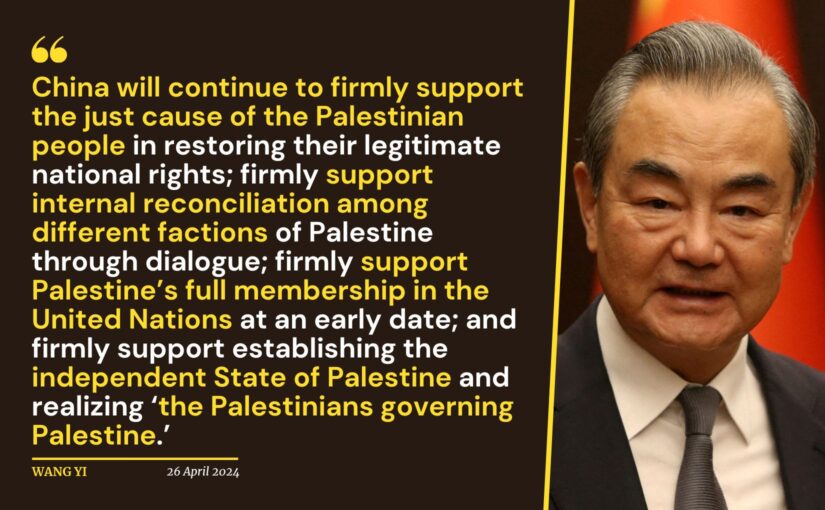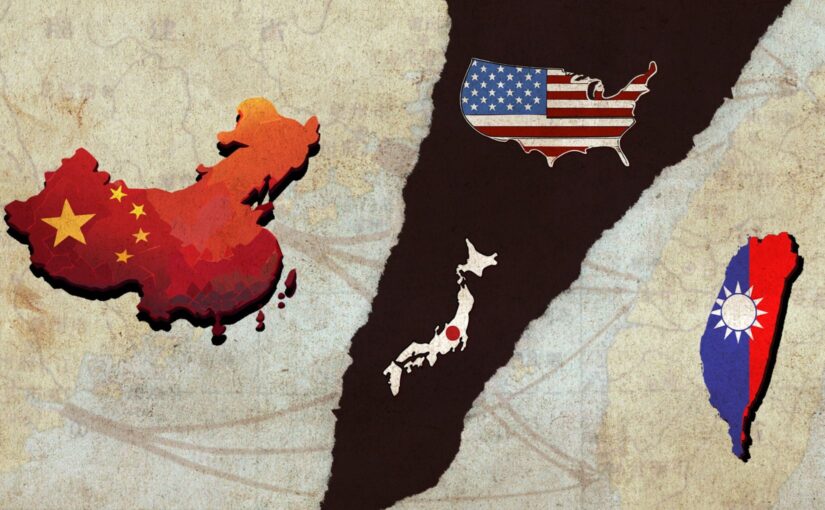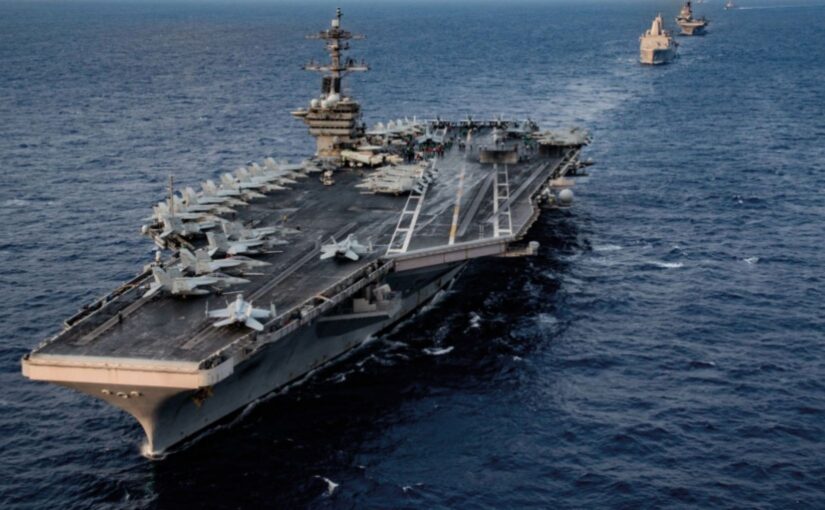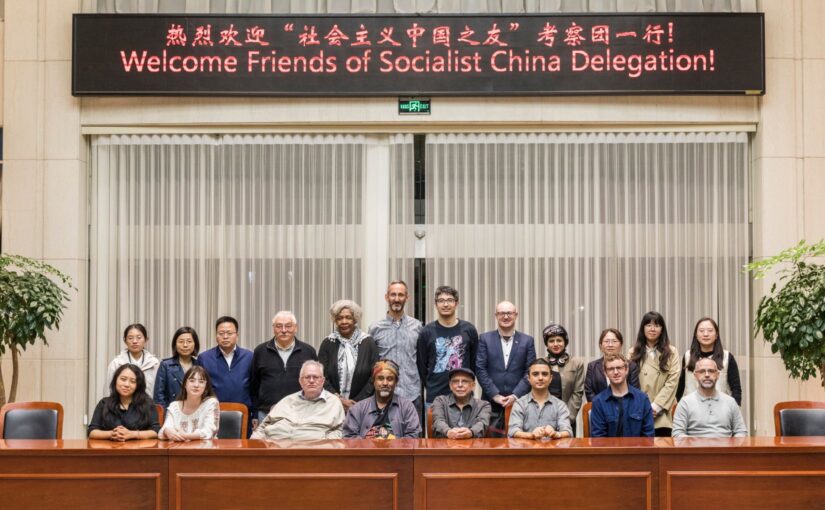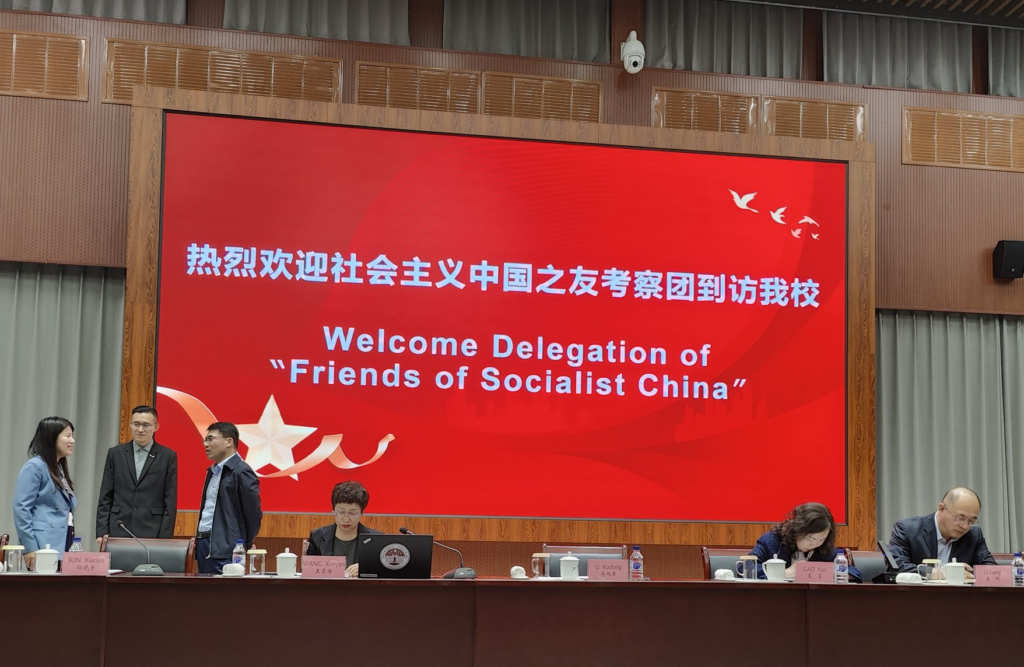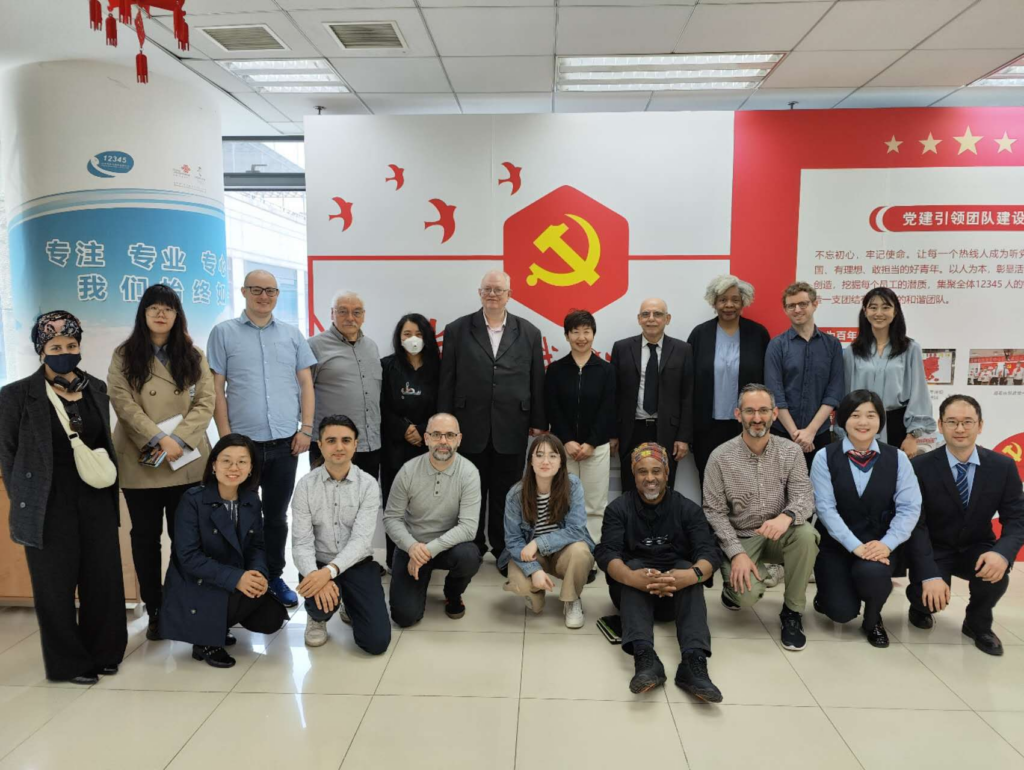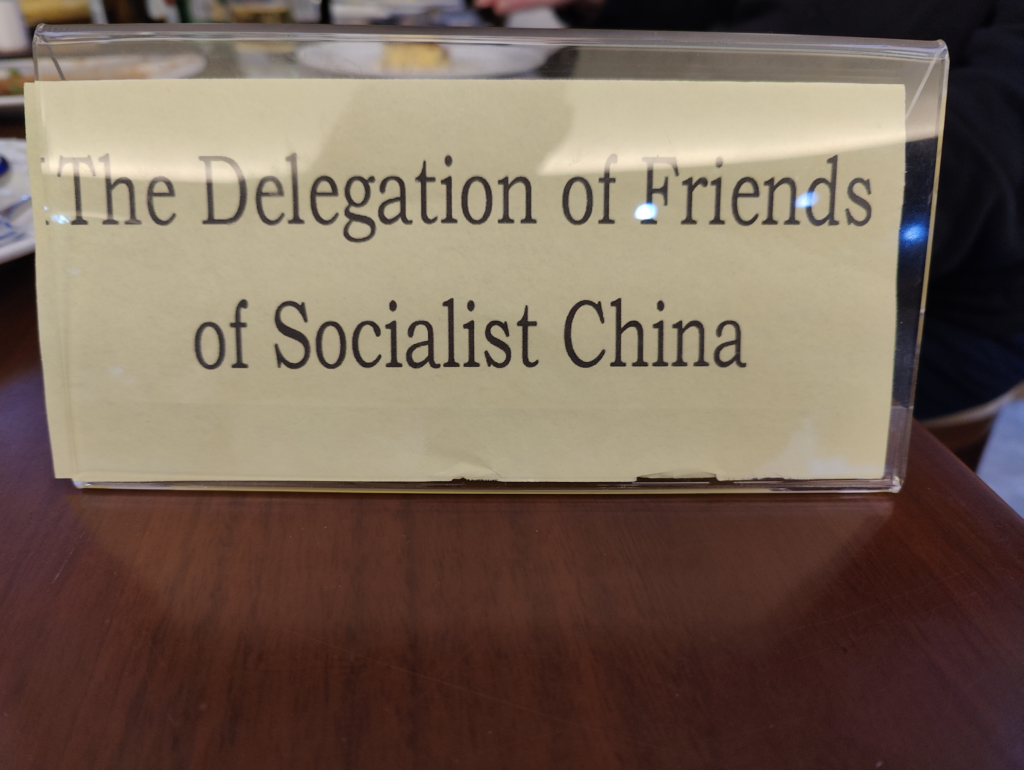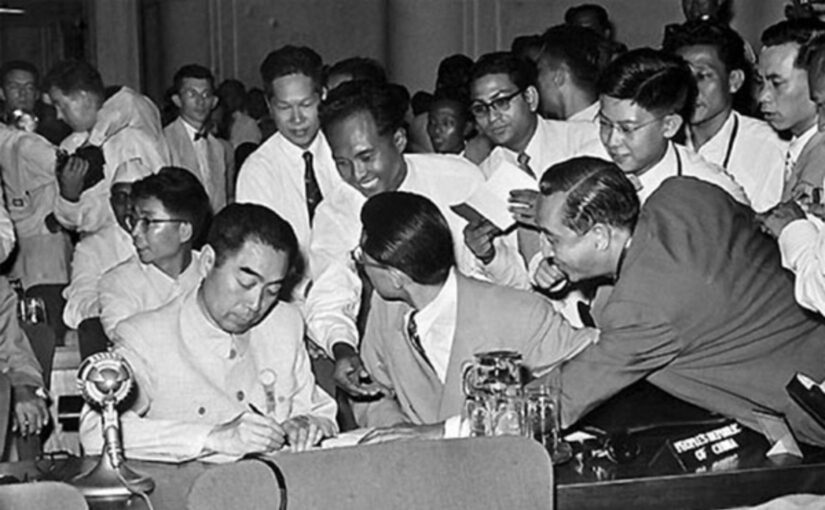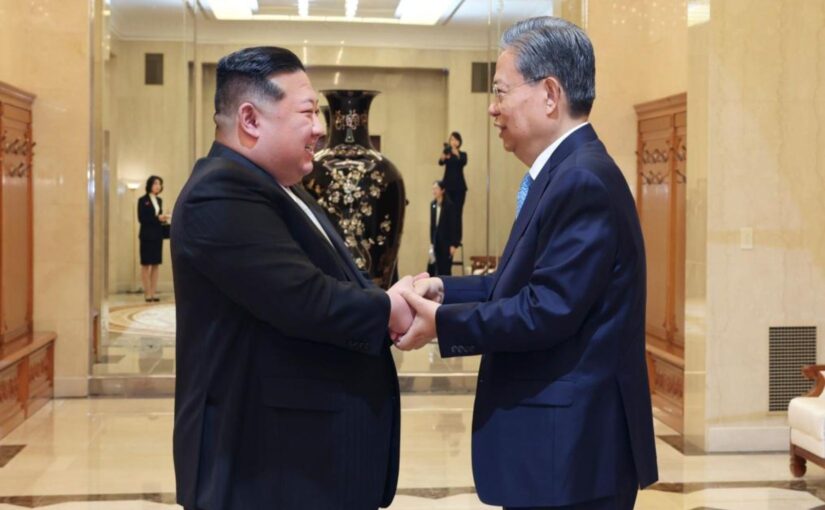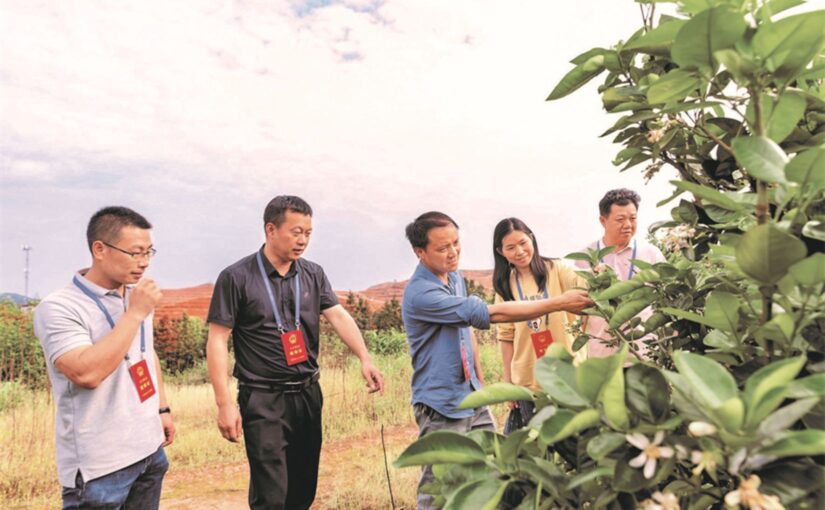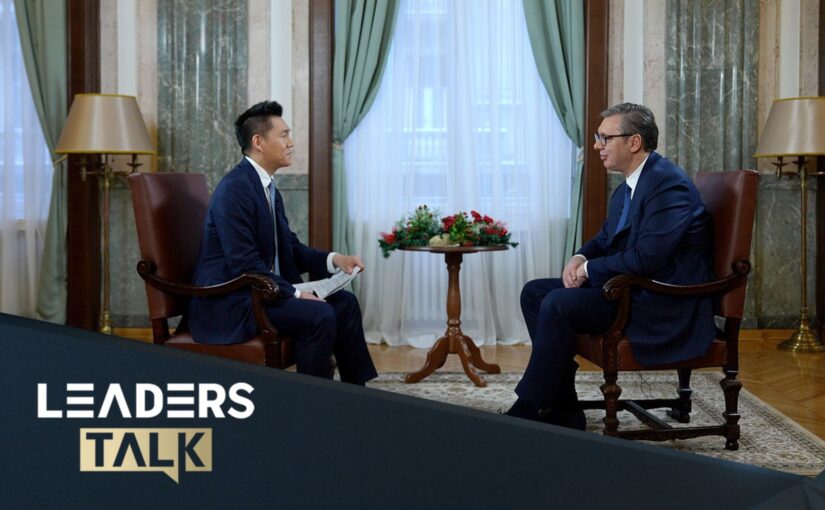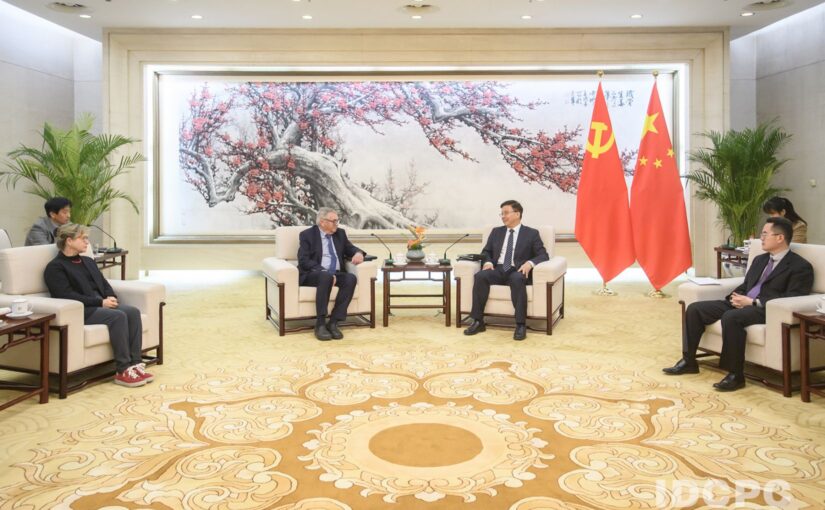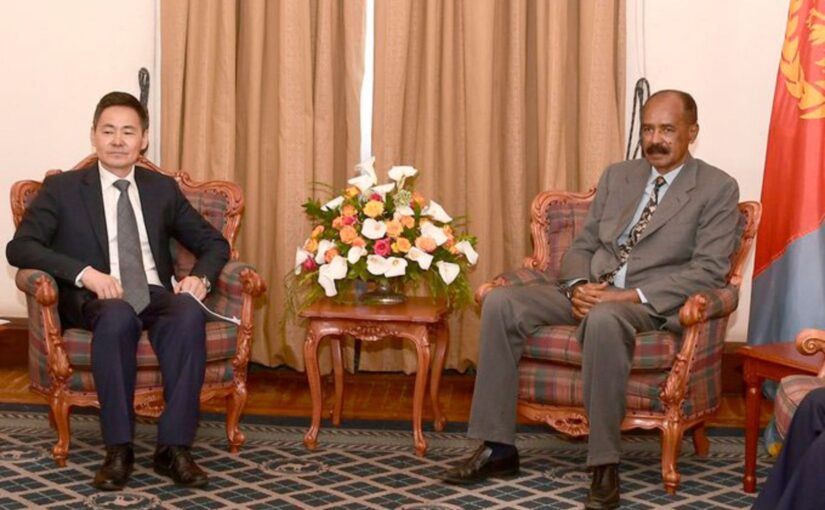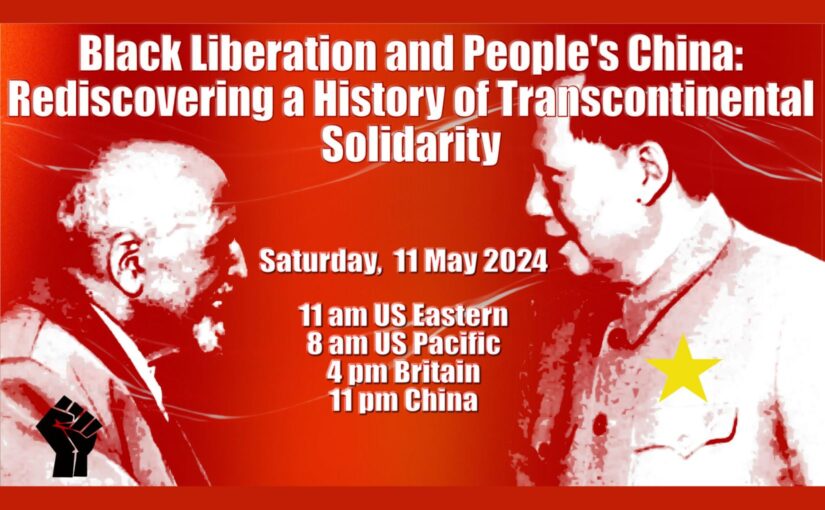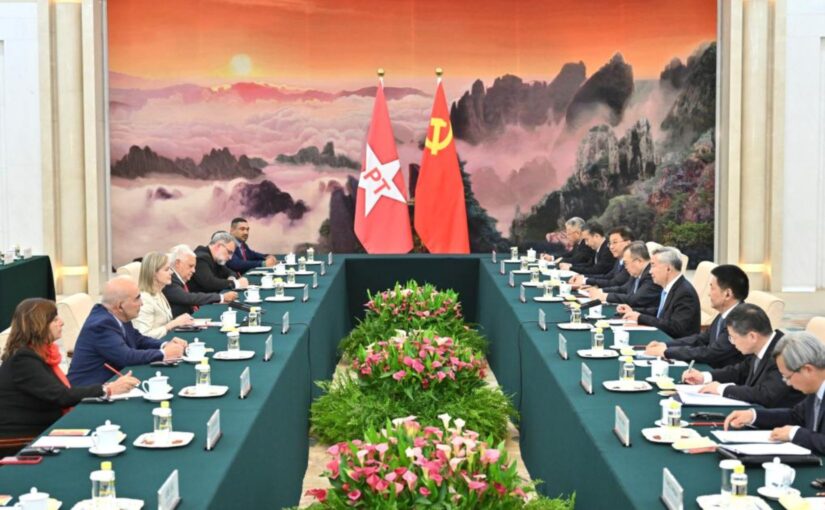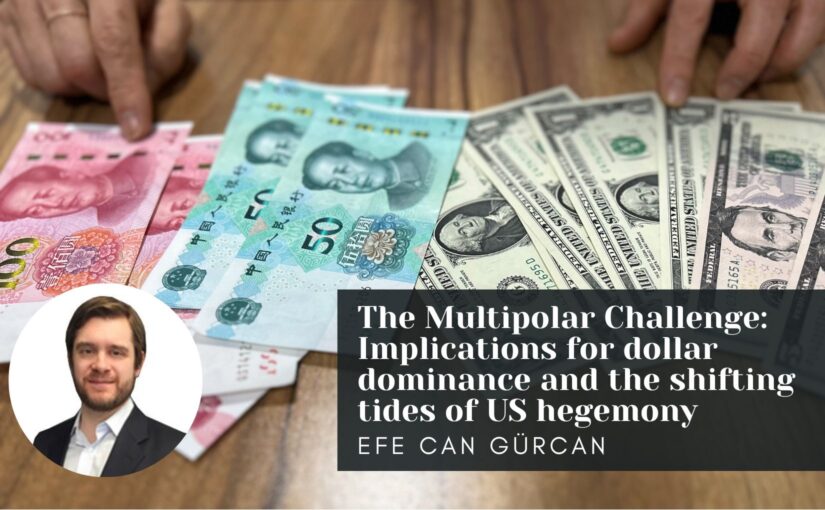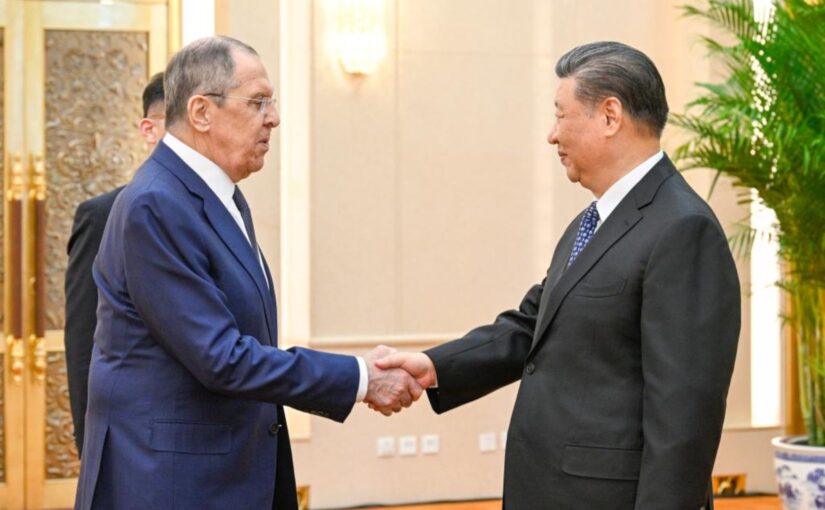As part of its support for the just struggle of the Palestinian people, and to encourage and facilitate unity in the ranks of the Palestinian liberation movement, China hosted talks between Fatah and the Islamic Resistance Movement Hamas in Beijing on April 26.
Little news has been published with regards to the talks. However, on the same day, in response to a media question, Chinese Foreign Ministry spokesperson, Wang Wenbin, at the ministry’s regular press conference, noted that China supports all Palestinian factions in achieving reconciliation and increasing solidarity through dialogue and consultation.
At the April 30 press conference, spokesperson Lin Jian added:
“At the invitation of the Chinese side, representatives of the Palestinian National Liberation Movement (Fatah) and the Palestinian Islamic Resistance Movement (Hamas) recently came to Beijing to have in-depth and candid dialogue on promoting Palestinian reconciliation. The two sides fully expressed their political will of realising reconciliation through dialogue and consultation, had discussions on many specific issues, and made encouraging progress. They agreed to continue this dialogue process so as to achieve Palestinian solidarity and unity at an early date. They highly appreciated China’s firm support for the just cause of the Palestinian people in restoring their legitimate national rights, thanked the Chinese side for its efforts to help strengthen Palestinian internal unity, and reached agreement on ideas for future dialogue.”
Also on April 26, China’s top diplomat, Foreign Minister Wang Yi gave a written interview to the Qatar-based Al Jazeera Media Network.
Wang stated that the protracted conflict in Gaza has become a humanitarian catastrophe that should not have happened, adding that it has gone far beyond the bottom line of modern civilisation. The overriding priority is to realise a ceasefire as soon as possible:
“Even one more day of delay would mean further violation of human conscience and more erosion of the cornerstone of justice.”
Regarding the UN Security Council calling for a ceasefire, he noted that “the resolution is legally binding, and should be enforced effectively to achieve an unconditional and lasting ceasefire right away.”
The foreign minister went on to say that unimpeded humanitarian assistance must be ensured at all times, describing this as a “pressing moral obligation.” China has firmly opposed forced transfer of Palestinian civilians and collective punishment against people in Gaza since the beginning of the conflict and continuously provided humanitarian assistance to Gaza.
The historical injustice done to the Palestinian people must be redressed in a timely fashion, he said, adding that this is the right way to address the root cause of the conflict in Gaza. The Gaza calamity shows once again that the perpetual denial of the legitimate national rights of the Palestinian people is the root cause of the Palestinian question, and it is also the core issue of the Middle East question.
In a highly significant passage, he added:
“China will continue to strengthen solidarity and cooperation with Middle East countries and the whole international community to firmly support the just cause of the Palestinian people in restoring their legitimate national rights; firmly support internal reconciliation among different factions of Palestine through dialogue; firmly support Palestine’s full membership in the United Nations at an early date; and firmly support establishing the independent State of Palestine and realising ‘the Palestinians governing Palestine.’ (Emphasis in Foreign Ministry original.)
Wang Yi also addressed a number of other major international issues.
Regarding the conflict in Ukraine, he again said that it is imperative to address both symptoms and root causes. Alluding to the steady encroachment of US-led NATO on Russia, he said: “To uproot the crisis, we must dive deeper into the question of security. Pursuing unilateral or absolute security by willfully compressing the security space of others will inevitably tip the balance of power in the region and give rise to conflicts.”
On Taiwan, he reiterated China’s long-standing and consistent position that: “We will strive for peaceful reunification with the utmost effort and greatest sincerity. In the meantime, our bottom line is also clear: we will absolutely not allow anyone to separate Taiwan from China in any way.”
He went on to note that “some countries are giving ‘Taiwan independence’ separatist elements more and more weapons behind the scenes, in stark contrast to their calls for peace and stability of the Strait. These moves will only increase the risk of conflict and confrontation, and seriously undermine peace and stability in the Strait and the region as a whole. China will not sit on its hands [in the face of] external disruptions… As President Xi Jinping has stressed, complete reunification of our motherland is the shared aspiration of the people, the trend of the times and a historical inevitability, and no force can stop it. China will ultimately achieve complete reunification, and Taiwan is bound to return to the embrace of the motherland.”
Turning to prospects for relations between China and the United States, he said that despite the agreements reached between the two heads of state at their meeting in San Francisco last November, “the United States still sticks to its misperception of China and presses ahead with its misguided policy to contain China. It has recently continued to woo its so-called allies in an attempt to provoke tensions at sea in the region and build networks to contain China at a faster pace. It has kept ratcheting up its unilateral sanctions and gone all out to constrain China’s development of science and technology. The United States should not view the world through the lens of Cold War and zero-sum mentality, and it should not say one thing but do another. The people of the world have clear eyes, and even more so for the Middle East people who can see easily who is on the right side of history and justice.”
The following articles were originally published by the Xinhua News Agency and on the website of the Chinese Foreign Ministry.
